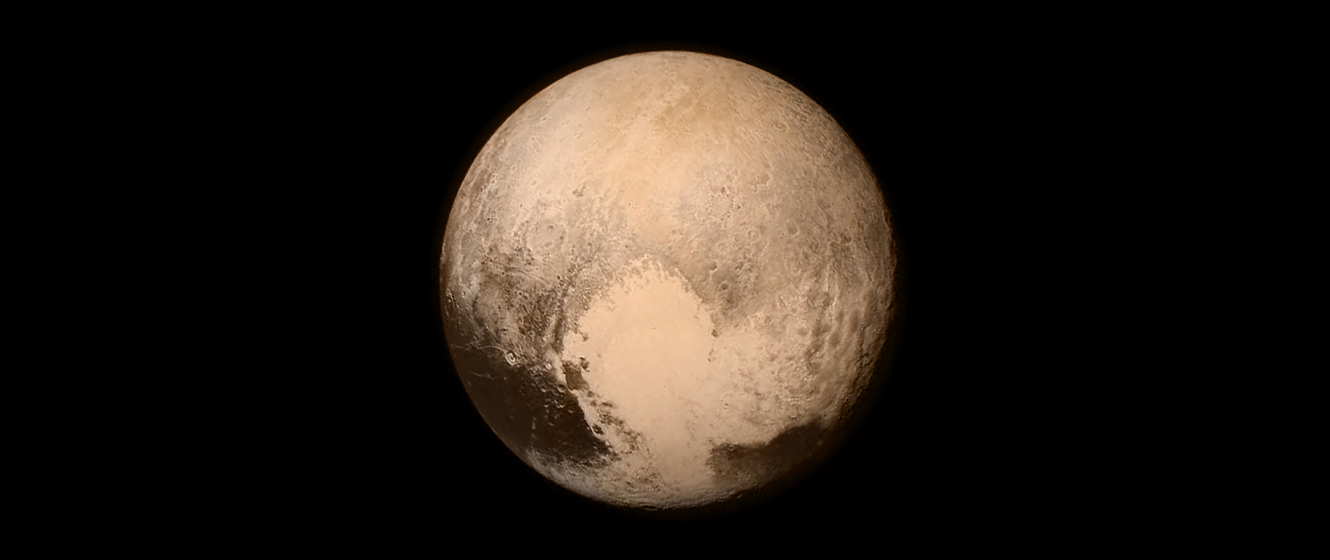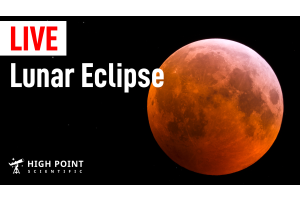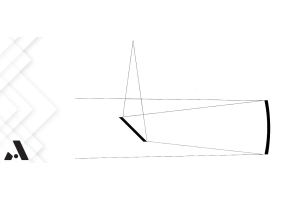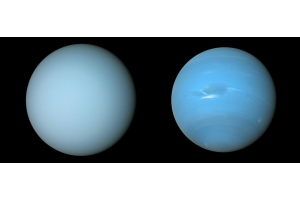
After the discovery of Neptune, it was postulated that other planets may exist beyond its orbit. This trans-Neptunian object was dubbed “Planet X”, and beginning in 1894 the astronomer Percival Lowell began an extensive search to find Planet X. The search for Planet X culminated in 1930 when the young astronomer Clyde Tombaugh found Pluto through a 13” astrograph by comparing separate photographic plates, showing its motion against the background stars. After its discovery, some facts about Pluto quickly emerged that made it distinct from the other planets. Unlike all the other planets in the solar system, it did not resolve into a disk at high magnification. This pointed to Pluto being a small, rocky object - hardly the massive gas giant that Planet X was anticipated to be. However, because no other bodies were found near Pluto, its status as a planet remained for the rest of the 20th century.
Eventually, more objects at the distance of Pluto’s orbit were found, beginning in 1992 with the discovery of 15760 Albion. These discoveries began to pile up, with objects that had a similar volume and orbit to that of Pluto. It was clear that Pluto was not unique and instead belonged to a larger class of objects known as the “Kuiper Belt”. The real nail in the coffin for Pluto’s status as a planet was the discovery of 2003 UB313 - now known as Eris. 2003 UB313 was the first trans-Neptunian object found that had a mass greater than that of Pluto. Should it be considered a planet too? Should Pluto and Eris be considered asteroids? What of the other objects, such as Haumea and Makemake? In 2006 the solution was proposed to make these objects - along with Ceres in the asteroid belt between Mars and Jupiter - Dwarf Planets.
Officially, for a planet to be considered a planet, it must meet all three of the following criteria:
- It must orbit the Sun
- It must be massive enough to be roughly spherical.
- It must have cleared the neighborhood around its orbit.

Pluto met the first two, but it failed to meet the third criteria: as Pluto has quite clearly not cleared its neighborhood of objects, as it resides within the Kuiper belt. As such, officially Pluto is not a planet as of 2023.

Learn More
Interested in learning more about the universe and the night sky? Check out our Astronomy Hub for more fun astronomy and science facts!
This Article was Last Updated on 07/26/2023















